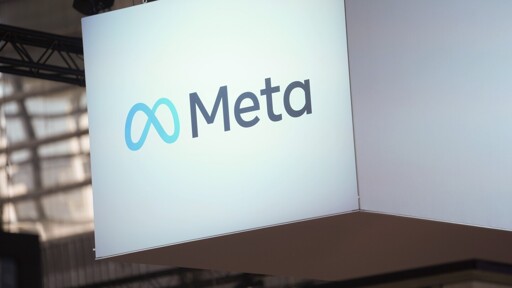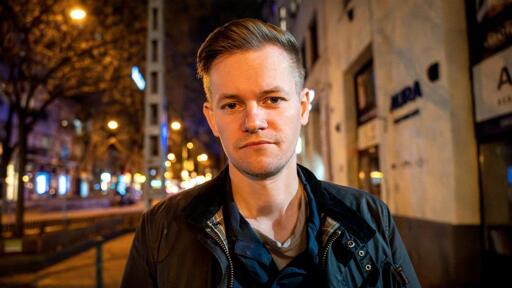As He died to make men holyLet us die to make things cheap
- JumpFeatured
Iran War Megathread
- JumpFeatured
Iran War Megathread
- JumpFeatured
Iran War Megathread
- JumpFeatured
Iran War Megathread
Nyheder @feddit.dk Skøyteløper gir Danmark første medalje i vinter-OL på 28 år
Linux @programming.dev Framework 13 keeps freezing after upgrade to Fedora 43: flip_done timed out
pics @lemmy.world The crew of the Mikeno, who may have broken the siege of Gaza
News @lemmy.world Reuters: US could hit entire International Criminal Court with sanctions soon
US Authoritarianism @lemmy.world 404 Media are suing ICE over $2 million spyware contract
PieFed Meta @piefed.social Slideshow behaviour is a bit janky
degoogle @europe.pub Help create a degoogled positioning service - no skills needed!
United Kingdom @feddit.uk I went to the UK last week. Nothing about my trip was legal.
techsupport @lemmy.world Changing web hosting provider & keeping my email - help wanted
Android @lemdro.id Knowlegable Android devs needed: Help the European Commission regulate Google Play
Buy European @feddit.uk European hard drive?
Technology @lemmy.world The Copilot Delusion
Europe @lemmy.dbzer0.com Cypriot cargo ship pays visit to somebody's garden in Norway
50501 General @50501.chat Report from the Senate Floor by Senator Chris Murphy
50501 General @50501.chat Norway invests $9.6 million to attract targeted American researchers
Technology @lemmy.world The European Union fines Apple 500 million euros and Meta 200 million in separate digital cases
US Authoritarianism @lemmy.world "What Is It, Exactly, That Being An American Means to You?"
News @lemmy.world Swedish journalist detained in Turkey for intention to cover protests
50501 General @50501.chat Detention of Tufts University graduate captures the emerging police state on video
Europe @feddit.org Biden Allows Ukraine to Strike Russia With Long-Range U.S. Missiles









Oops, obvisouly, was thinking about the Muslim world and getting terms mixed. Fixed.